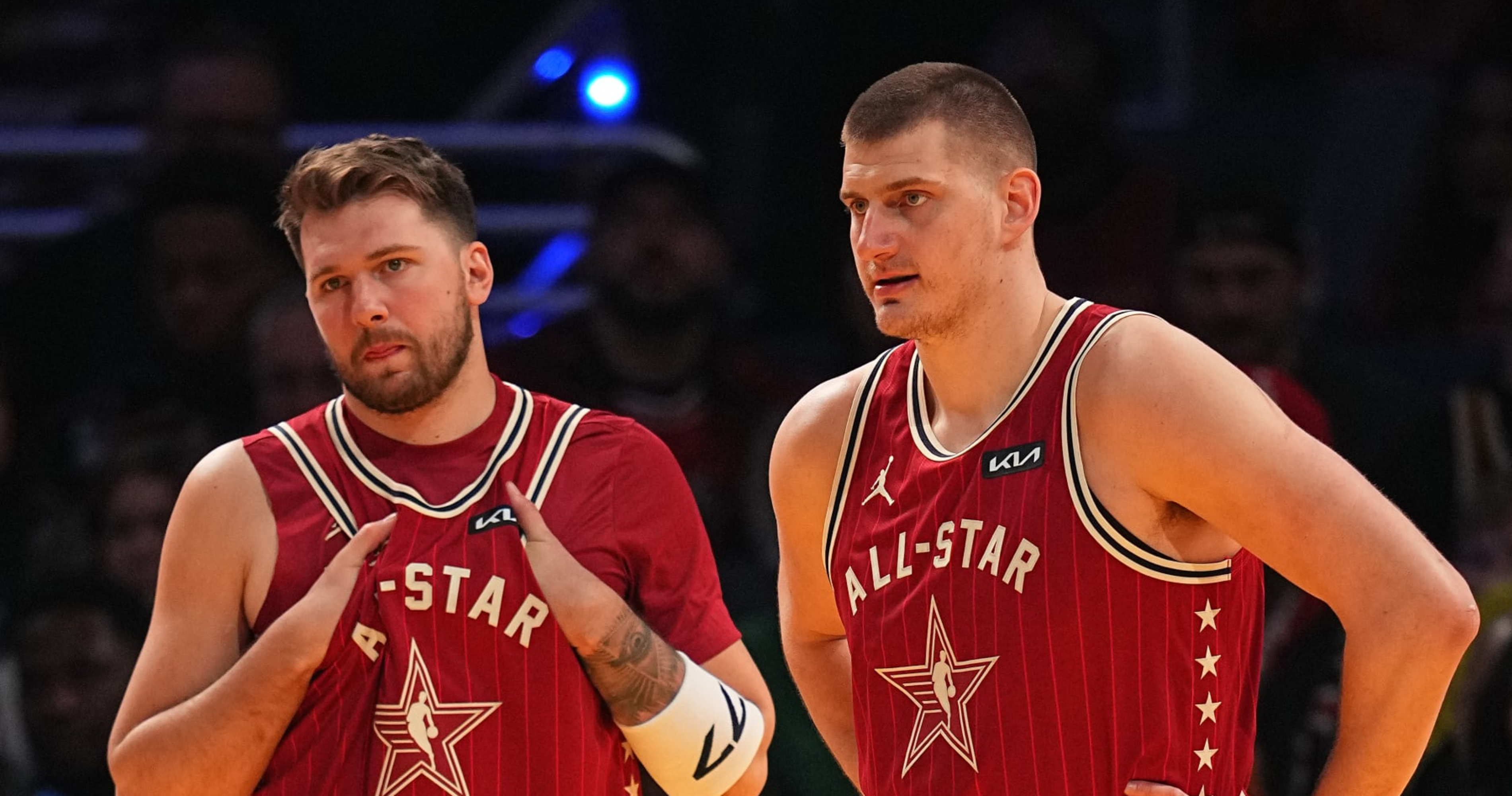


Nikola JokićAAron Ontiveroz/The Denver Post
It shouldn’t have taken the 2023 championship for people to accept that Nikola Jokić had been the best player in the NBA for a while. That was a team accomplishment, and the Denver Nuggets were without Jamal Murray for the two postseasons prior to that.
Let me know how many title runs you can come up with in which the winning team was missing its second best player the entire way.
For similar reasons, Denver’s early exit at the hands of the Timberwolves shouldn’t knock Jokić off the throne.
Yes, he’s the face of the franchise. Yes, he deserves some of the blame and will certainly receive much of it. But the Serb averaged 29.0 points, 11.4 rebounds, 7.9 assists, 1.6 steals and 1.0 blocks in that series.
Denver’s top three in regular-season threes per game (Michael Porter Jr., Jamal Murray and Kentavious Caldwell-Pope) shot 34.0 percent from deep against Minnesota. And the Nuggets only converted 50.9 percent of Jokić’s potential assists in the second round (compared to 60.6 percent throughout the regular season).
Just like 2023 was a team triumph for Denver, 2024 was a team failure.
A better way to assess Jokić and his place in the “best in the world” conversation is a bit more zoomed out.
Over the last four seasons, he’s won three MVPs (and should’ve won a fourth) and averaged 26.1 points, 12.2 rebounds, 8.7 assists and 1.4 steals in 294 games. His 66.3 true shooting percentage over that stretch is a whopping 8.9 points clear of the league average. His plus-2,150 raw plus-minus leads the NBA during those years (by a wide margin), in spite of significant injuries and absences for Murray and Porter.
If advanced numbers are more your speed, his 13.0 box plus/minus (“…a basketball box score-based metric that estimates a basketball player’s contribution to the team when that player is on the court”) is the highest in NBA history for a 294-game span.
And in case you’re wondering, his playoff performance really doesn’t lag at all behind those absurd regular-season marks. In fact, you could argue he gets even better when the lights are brighter.
Over the last four postseasons, Jokić has averaged 29.7 points, 13.0 rebounds, 7.9 assists, 1.6 threes, 1.1 steals and 0.9 blocks, while shooting 58.5 percent from two and 37.0 percent from three.
Dončić is closing the gap, but Jokić’s absurd touch around the rim and from the mid-range, his almost preternatural instincts as a playmaker, his sheer size on both ends and his ability to dominate the glass are keeping him in the pole position for this debate.